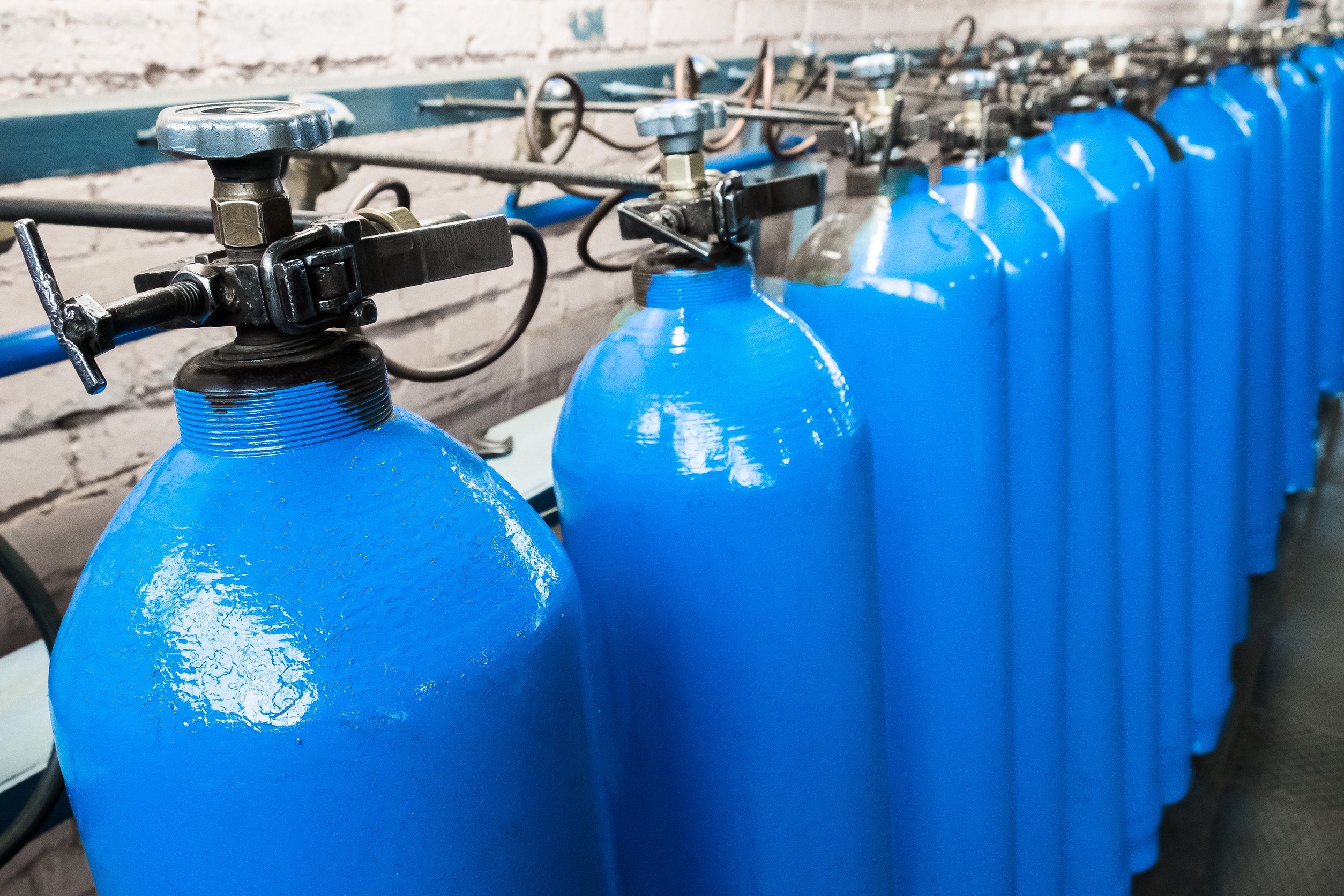1 min read
State ex rel. Culver v. Indus. Comm’n: When Is a Gas "Toxic" Under Ohio Law?
Joe Whitcomb
:
July 25, 2025

Joseph Culver filed a violation of specific safety requirement (VSSR) application after being injured while working for Valley Interior Systems. The injury occurred when Culver, a drywall stocker, fell from an elevated platform on a scissor lift. The scissor lift was not equipped with a gate at the platform opening. Culver asserted that the absence of a gate violated a specific safety rule under Ohio law, entitling him to additional compensation under R.C. 4121.47.
The Bureau of Workers’ Compensation (BWC) Safety Violations Investigation Unit reviewed the claim. It cited Ohio Adm.Code 4123:1-3-03(J)(1), which requires that employers provide a standard guardrail or equivalent means for protection on elevated platforms. Culver alleged that the lack of a gate at the platform opening created a hazardous condition in violation of the rule.
Industrial Commission and appellate court found no violation
The Industrial Commission denied Culver’s VSSR application. It concluded that although the scissor lift lacked a gate, the presence of a mid-rail and toe board at the platform opening provided an equivalent means of protection. The Commission noted that Culver was aware of the platform’s configuration and failed to use a fall protection harness, despite being trained and directed to do so.
Culver filed a complaint in mandamus with the Tenth District Court of Appeals, asserting that the Commission abused its discretion by not finding a specific safety violation. The court reviewed whether the Commission’s decision was supported by some evidence and whether it failed to apply the correct legal standard.
The appellate court concluded that the Commission acted within its discretion. It found that the Commission reasonably determined that the mid-rail and toe board met the "equivalent means" standard under the rule. The court also noted that the regulation did not specifically require a self-closing gate and allowed for alternatives. Culver’s failure to use required fall protection further supported the denial of the VSSR award.
Final outcome
The Court of Appeals of Ohio denied Culver’s mandamus request. It upheld the Industrial Commission’s decision that no specific safety requirement had been violated and that Culver was not entitled to additional compensation under the VSSR statute.
Help with OSHA disputes and safety requirement claims
If your business is facing a workplace safety citation, VSSR application, or compliance dispute, Whitcomb, Selinsky PC handles defense against OSHA allegations, regulatory violations, and safety litigation. Reach out to schedule a consultation and learn how our team can assist with your case.


